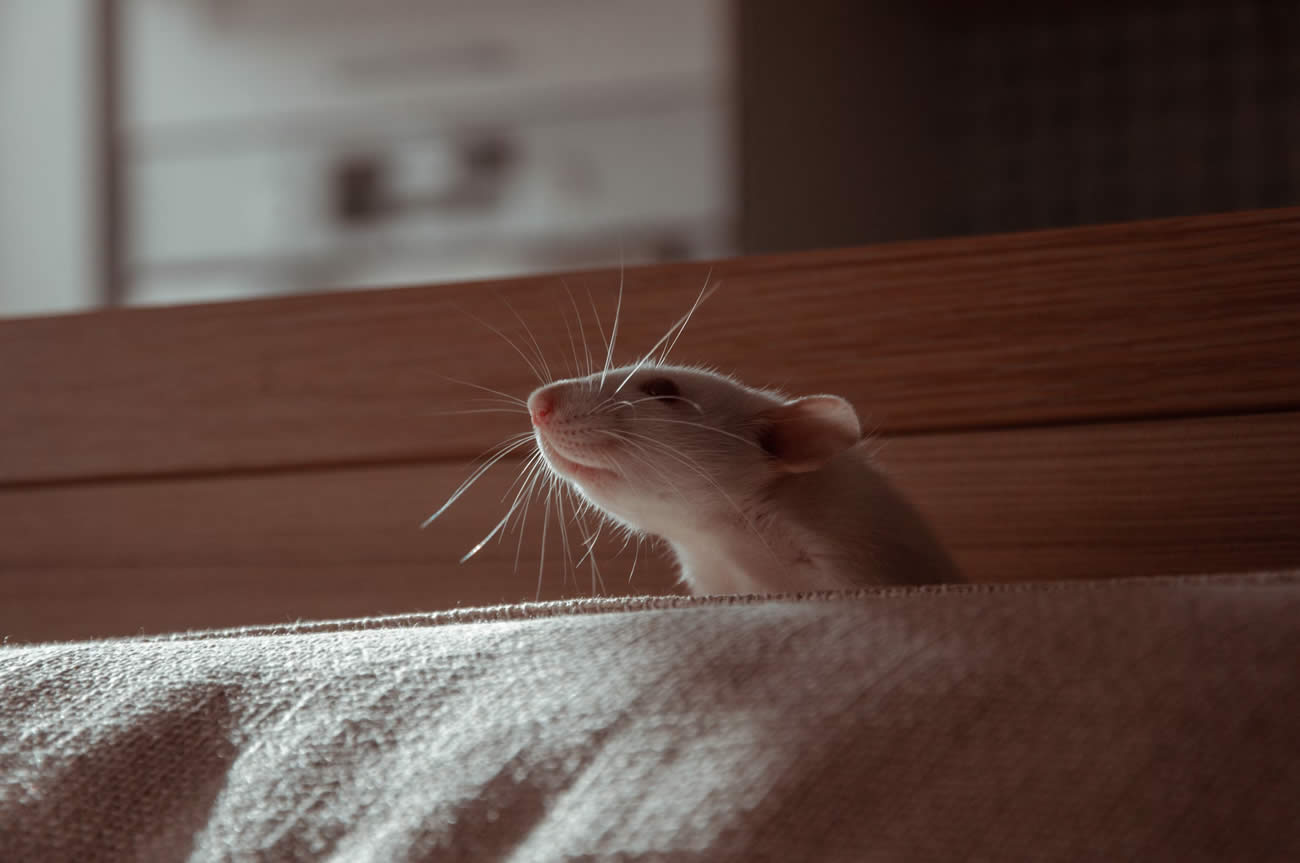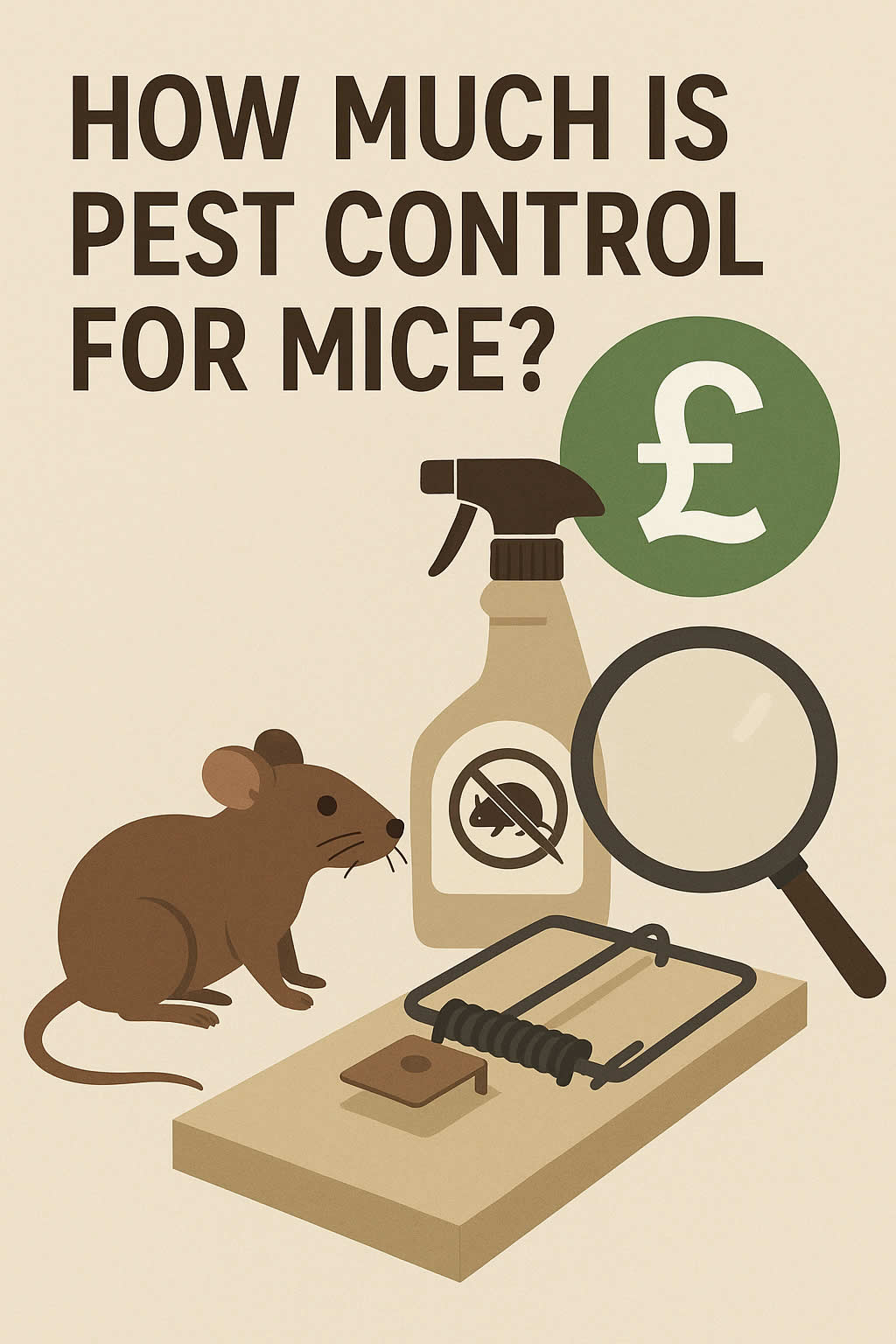Related Queries
ToggleWhen it comes to dealing with rats, you’ve probably heard all sorts of advice. Some swear by traps, others prefer poison, and then there are those who turn to natural remedies. One of the most popular natural deterrents often mentioned is lavender. But does lavender actually repel rats? Let’s dig into that and explore everything you need to know.
What Is Lavender, and Why Is It Considered a Rat Repellent?
Lavender is a fragrant plant that’s well known for its calming properties. People use it in essential oils, herbal remedies, and even as a sleep aid. But beyond helping you relax, lavender has gained a reputation as a natural pest deterrent.
The main reason for this belief comes down to its strong scent. Lavender has a powerful, aromatic fragrance that many pests find overwhelming. This is because it contains compounds like linalool and linalyl acetate, which give it that distinct smell.
For humans, it’s soothing. But for some pests, it can be overpowering. This has led to the idea that lavender can keep away certain insects and even rodents like rats. But does it actually work on rats?
Do Rats Hate the Smell of Lavender?
Rats have an excellent sense of smell, far better than humans. They rely on their sense of smell for finding food, detecting danger, and navigating their surroundings. Given how sensitive their noses are, strong scents can sometimes bother them.
Lavender, with its strong aroma, is believed to be one of those smells that rats dislike. In theory, a strong enough lavender scent could make an area less attractive to them. But does this mean you can just plant lavender or spray lavender oil around and never see a rat again? Unfortunately, it’s not that simple.
While lavender might make an area less appealing to some rats, it’s not a guaranteed solution. Some rats might be slightly deterred, while others might not care at all. It really depends on the rats in question, how hungry they are, and how desperate they are for shelter.
Can Lavender Alone Keep Rats Away?
No, lavender alone is not enough to keep rats away. While it might help a little, it is not a strong enough deterrent to stop rats that are desperate for food or shelter.
Rats are highly adaptable creatures. They will brave unpleasant smells or uncomfortable environments if it means they can access a good source of food, water, or shelter. Lavender might slightly discourage them, but it won’t stop a determined rat.
If you’re dealing with a serious rat problem, relying solely on lavender is not enough. You’ll need a more comprehensive approach that involves a combination of prevention, cleaning, and if necessary, professional pest control.
How Can You Use Lavender to Help Repel Rats?
While lavender alone won’t eliminate rats, you can still use it as part of a broader pest control strategy. Here are some ways you can use lavender to make your space less appealing to them:
- Lavender Essential Oil Spray: Mix a few drops of lavender essential oil with water and spray it around areas where you suspect rats may enter. This could be along walls, near entry points, or around your garden.
- Dried Lavender Sachets: You can place dried lavender sachets in cupboards, drawers, and other small spaces. This won’t be very strong, but it can add an extra layer of scent.
- Lavender Plants: Planting lavender around the perimeter of your garden or near your home’s foundation can add a mild deterrent effect. The scent might help a little in keeping rats away.
- Lavender Cleaning Products: If you enjoy the scent, you can use lavender-scented cleaning products around your home. This won’t directly repel rats, but it can keep the scent fresh.
Remember, lavender should be part of your strategy, not the whole solution. You’ll still need to ensure your home is clean, food is properly stored, and any gaps or holes are sealed.
What Are the Limitations of Using Lavender Against Rats?
While lavender might be a nice addition to your pest control plan, it’s important to be aware of its limitations:
- Not a Strong Deterrent: Lavender is not strong enough to keep determined rats away. If they are hungry, they will ignore the scent.
- Needs Regular Reapplication: If you’re using lavender oil or dried lavender, the scent will fade over time, which means you’ll need to refresh it regularly.
- Only a Mild Repellent: Lavender might slightly discourage rats, but it won’t eliminate them. You’ll still need other methods for serious infestations.
- Not Effective for Infestations: If you already have rats inside your home, lavender won’t force them out. At that stage, you’ll need more aggressive pest control methods.
Understanding these limitations will help you manage your expectations. If you know what lavender can and cannot do, you won’t be disappointed.
What Are Some Alternatives to Lavender for Repelling Rats?
If lavender doesn’t seem to be working, there are other natural deterrents you can try:
- Peppermint Oil: Known for its strong, fresh scent, peppermint oil is another natural option that some people use against rats.
- Ammonia: The strong smell of ammonia can discourage rats from entering certain areas.
- Cayenne Pepper: Some people sprinkle cayenne pepper in problem areas. The strong smell and heat can be a mild deterrent.
- Ultrasonic Devices: These emit a high-pitched sound that is supposed to be uncomfortable for rodents.
- Steel Wool: For a more direct approach, use steel wool to block any gaps or holes where rats might enter.
Each of these has its pros and cons, just like lavender. In many cases, using a combination of these methods is the best way to keep rats away.
Can Lavender Be Harmful to Pets or Humans?
Lavender is generally safe for humans. In fact, it’s used in all sorts of products, from soaps to essential oils, because of its calming properties.
However, when it comes to pets, you need to be careful. Cats, in particular, are sensitive to essential oils, including lavender oil. If you have cats, avoid using strong lavender oil sprays around them, and never let them ingest it.
For dogs, lavender is usually safe in small amounts, but it’s still best to keep any strong lavender oils out of their reach. If you’re using lavender around your home, just be mindful of your pets.
Is Lavender a Reliable Long-Term Solution for Rat Problems?
No, lavender is not a reliable long-term solution for rat problems. It might help a little, but it won’t solve the problem entirely. If you have a serious rat issue, you’ll need a much more effective strategy.
For long-term rat control, you should focus on:
- Sealing Entry Points: Make sure rats can’t get inside your home. This means sealing up any cracks, gaps, or holes.
- Removing Food Sources: Store food properly, clean up any crumbs, and keep your bins securely covered.
- Using Traps or Baits: If you’re comfortable using them, traps can help you catch rats that are already inside.
- Calling a Professional: If your rat problem is out of control, it’s best to contact a pest control professional.
Lavender can be part of your approach, but it should not be your only solution.
Should You Rely on Lavender for Rat Control?
If you’re just trying to make your home a bit less inviting to rats, lavender can be a nice, natural addition. It’s pleasant for you and might be a mild annoyance to rats. But if you’re facing an active rat problem, you shouldn’t rely on lavender alone.
Think of lavender as a gentle, natural layer of protection rather than a solution. Combine it with good home hygiene, secure food storage, and proper sealing of entry points, and you’ll have a much better chance of keeping rats away.
Rats are persistent, adaptable creatures. If they’re hungry enough, they will ignore a little bit of lavender. So while lavender is nice, it’s not a miracle solution. Use it wisely, but don’t expect it to work on its own.













